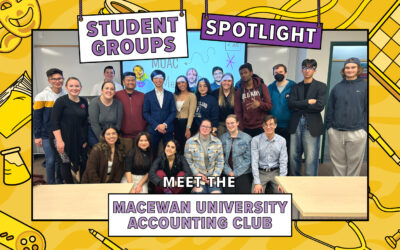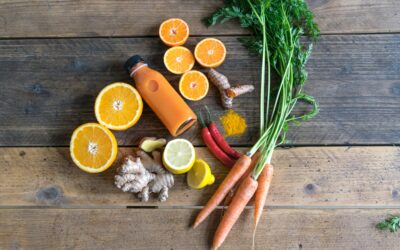You’d never think of a time in the summer that you wished the weeks would go by faster, but let me tell you, when you are watching young seedlings grow, there is the upmost excitement in anticipation of such a small object, creating an abundance of nourishment for all living things. Tomatoes, peppers, artichoke, eggplant squash, brussels sprouts, calendula, borage, and basil to only name a few, have covered the outdoor greenhouse to the ceiling in anticipation for their transplant to the farm plot. This years approach came with some experimenting. I had great success using sea compost or sea soil which includes all, if not most vital nutrient amendments from the sea. I aimed for similar ratios of soil, to sea compost, however, a new introduction of worm castings and activated charcoal have already shown my young seedlings they can withstand the wind, sun, and spotty rainfalls without suffering to much of a shock (yet).
I have never taken this amount of care for young crops, but understanding the value in creating a hospitable and inviting soil bed for your crops during transplant is vital. I must admit, this exploration of sea amendments has not come without any struggles. I noticed very quickly that some of my younger seedlings felt underwatered and nutrient shocked, resulting in an early death to cucumber lane. On the flip side, a healthy amount of perennial herbs have resurfaced from their winter slumber and my my my, mint, thyme, borage, and marigolds have shown me their resilience beyond belief. The real show stopper is the self-seeding the borage flower, whose seeds danced in the wind last fall and have blown throughout the plot making for an impromptu transplant of these beautiful edible flowers.
Urban Greens Tip:
Transport the transplants with care, keep a close eye on how your crops have adapted to their new environment, and always give it an extra couple of days before you decide if they will root or not.
-Macey Nortey, SAMU Programs Manager



